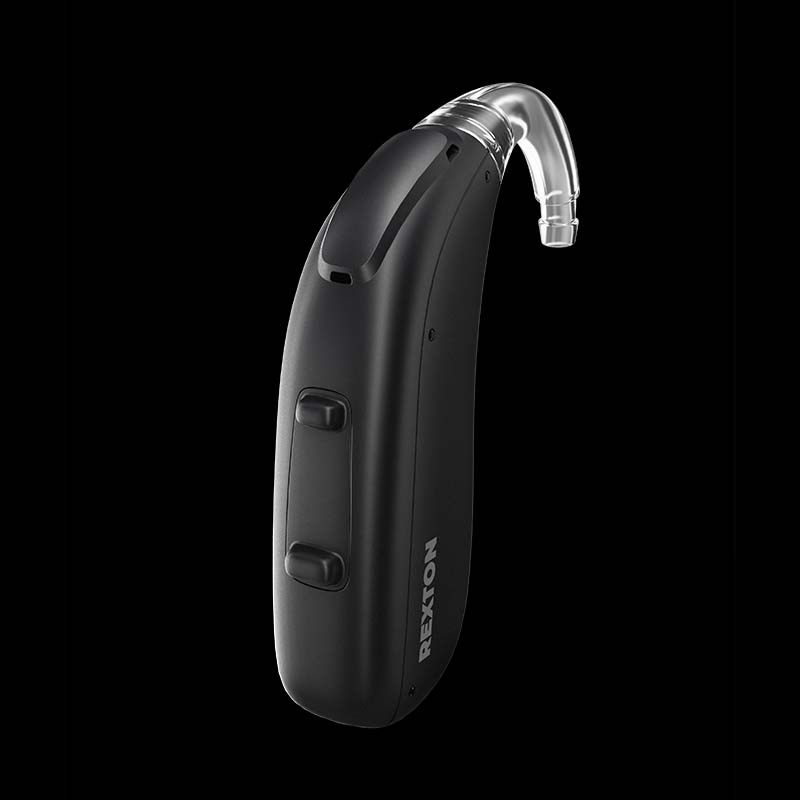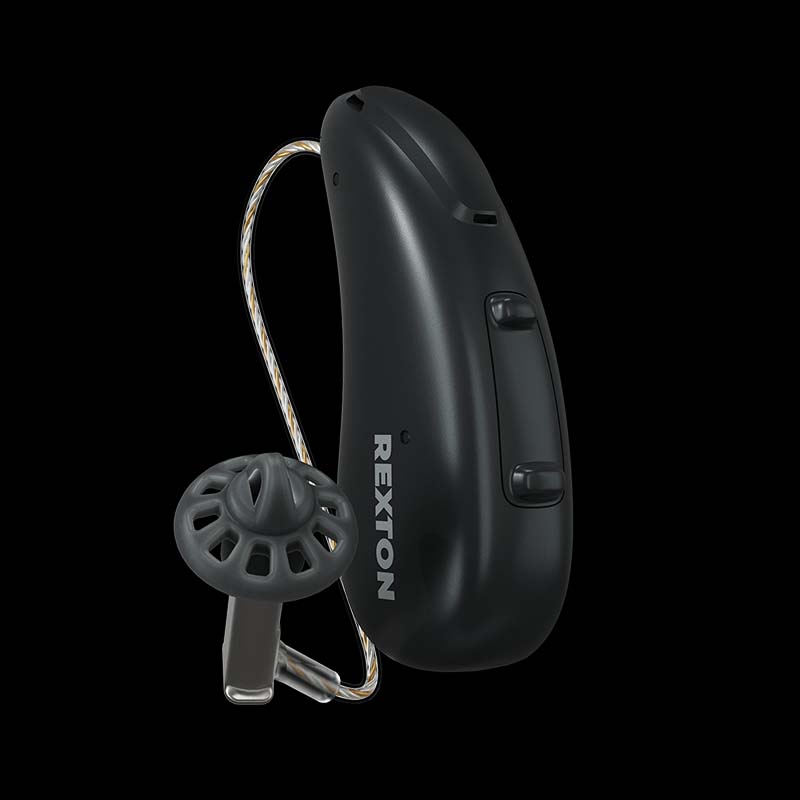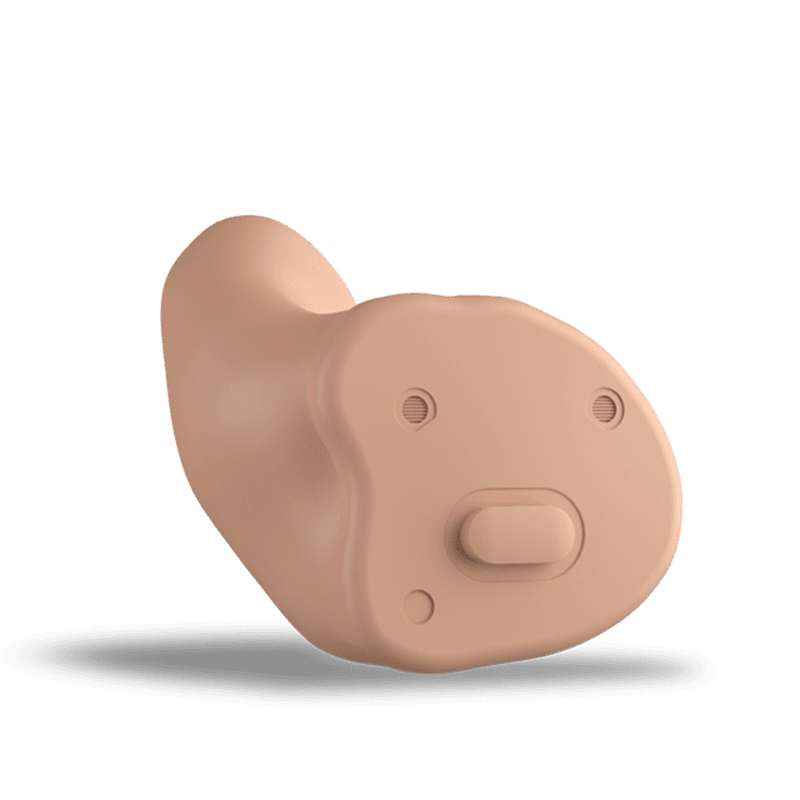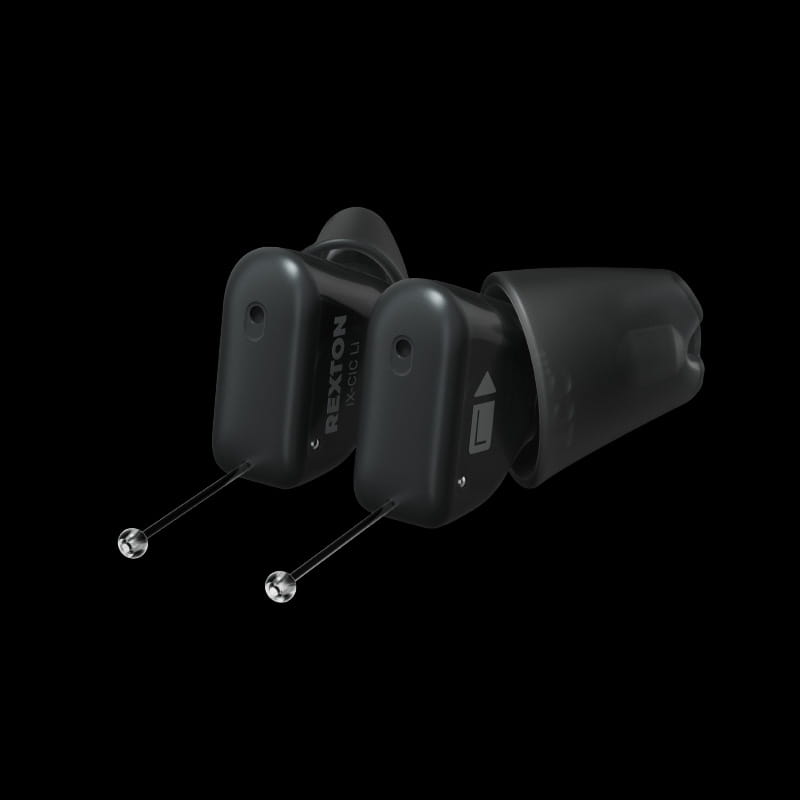HOW TO CHOOSE A HEARING AID TYPE
There are three main factors that go into choosing the right hearing aid type for you: hearing loss, ear anatomy, and your specific hearing needs.
Hearing loss ranges from mild (having trouble with certain frequencies) to profound (can barely hear any sound). Some hearing aid types are more appropriate to specific levels of hearing loss.
Each ear is unique, just like our fingerprint. Some types of hearing aids might fit better than the others, and those specificities are important drivers when choosing the type of device to wear.
Hearing needs have no linear relation with hearing thresholds. That means each individual has its own needs regardless of how the hearing loss looks. A hearing care professional needs to access those needs in order to address the most suitable features from different hearing aid technologies.






